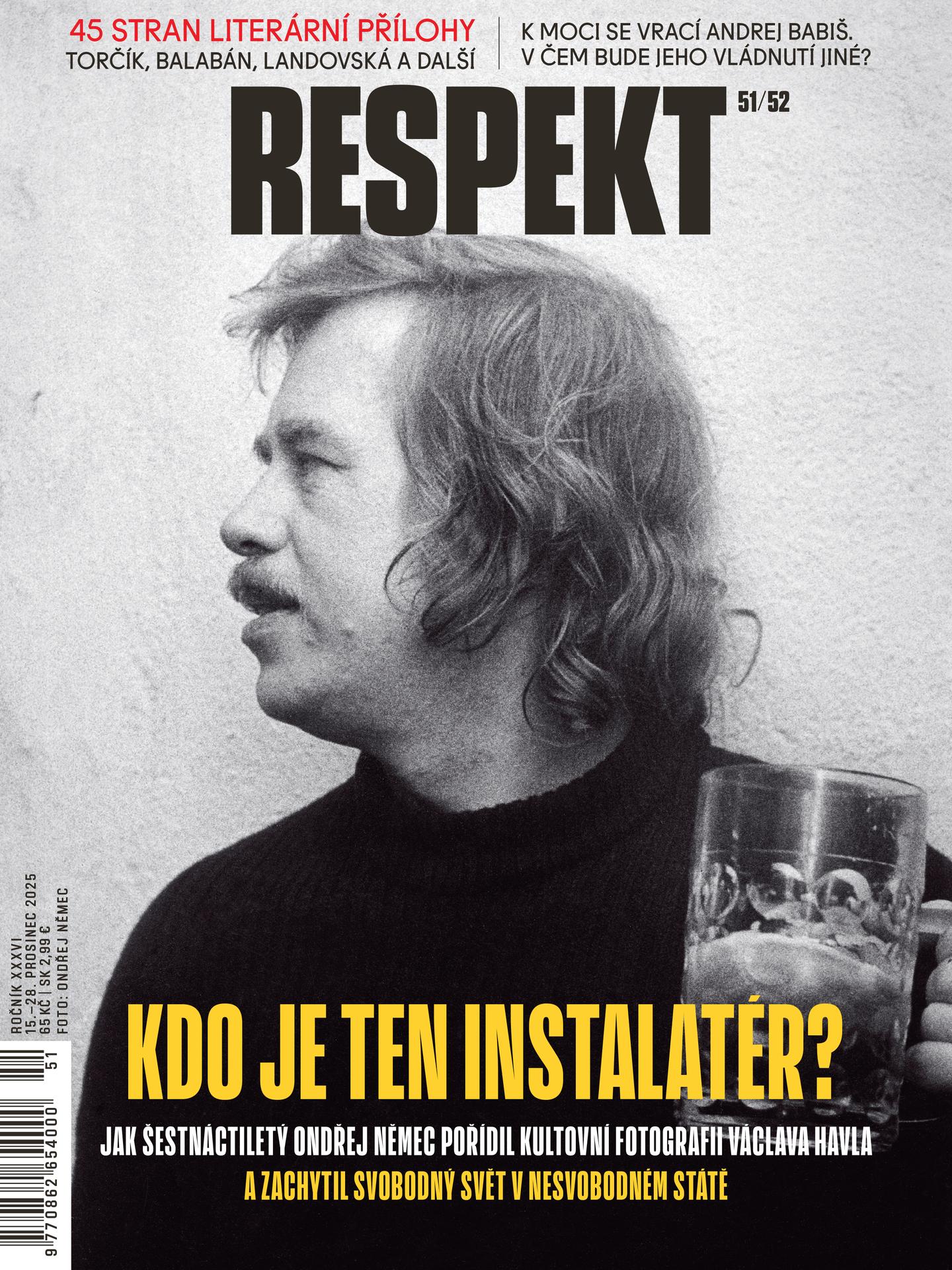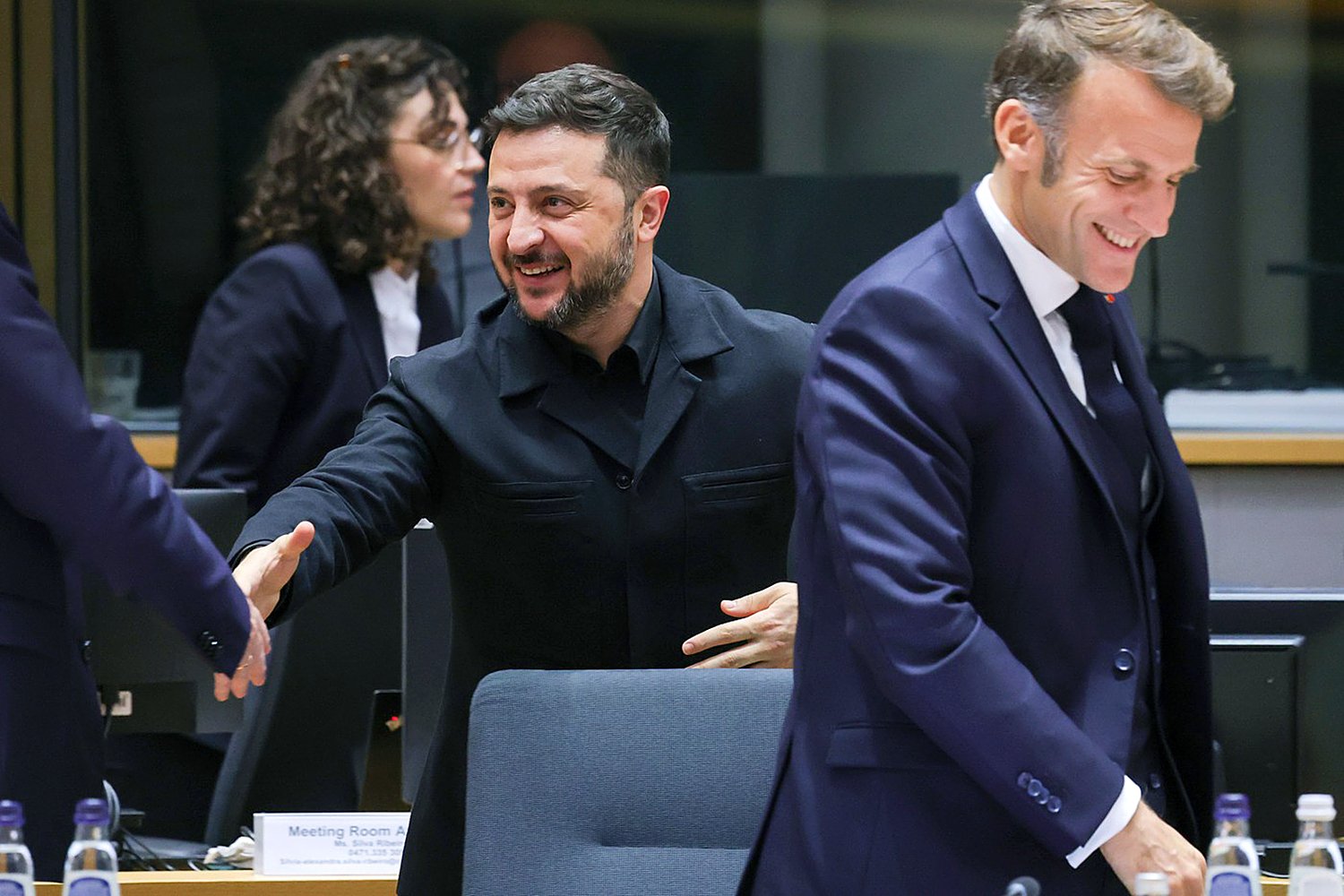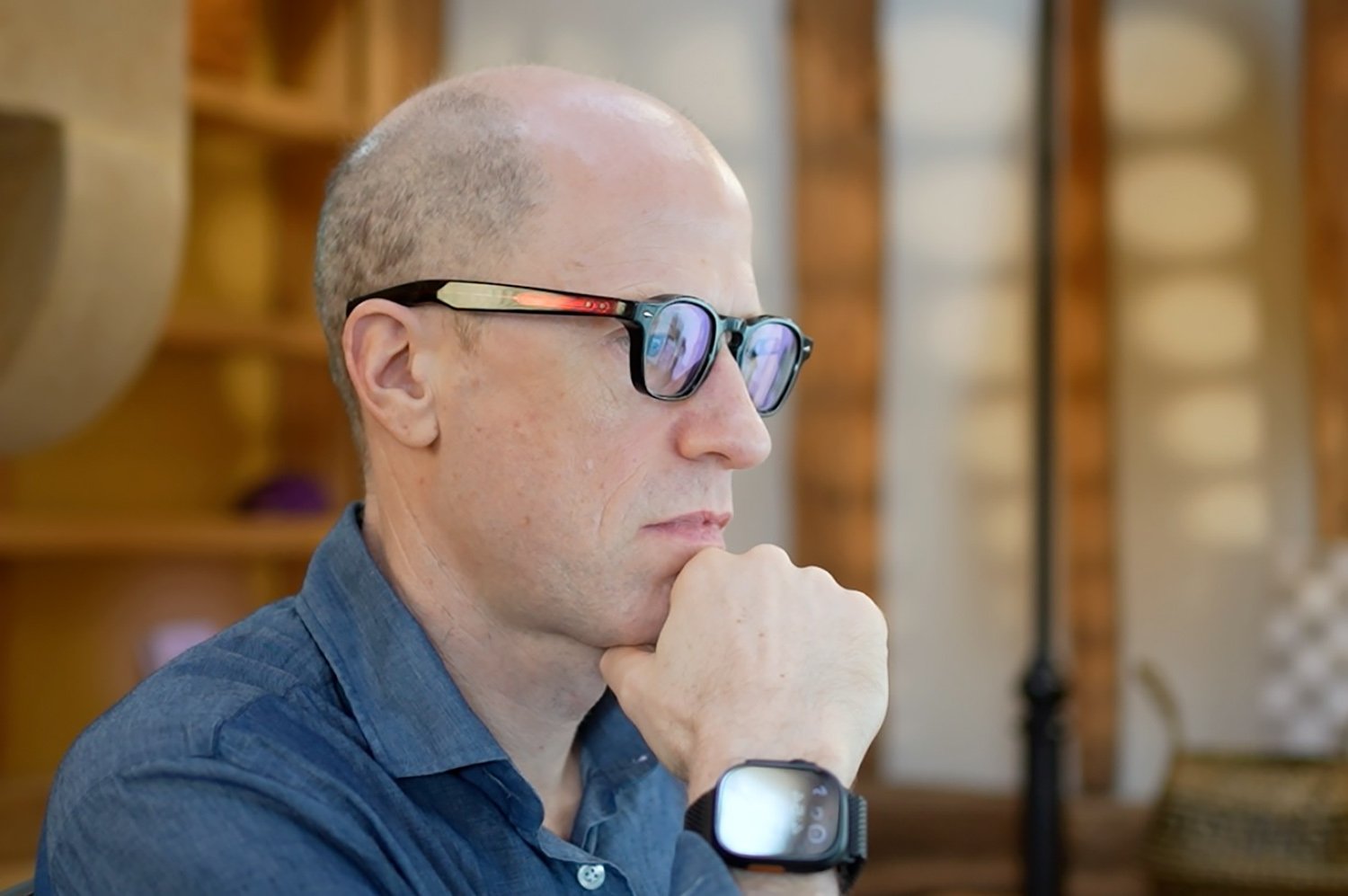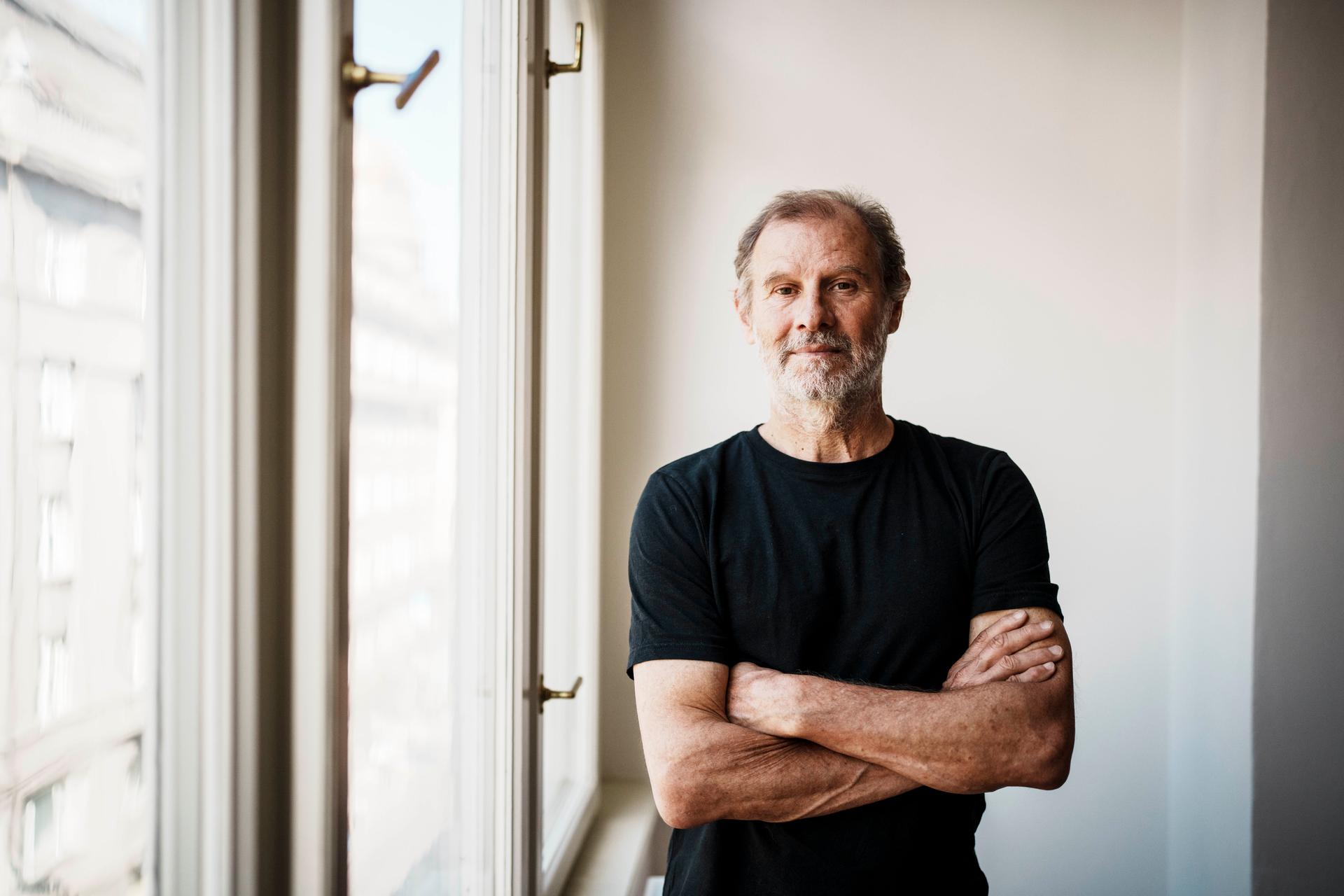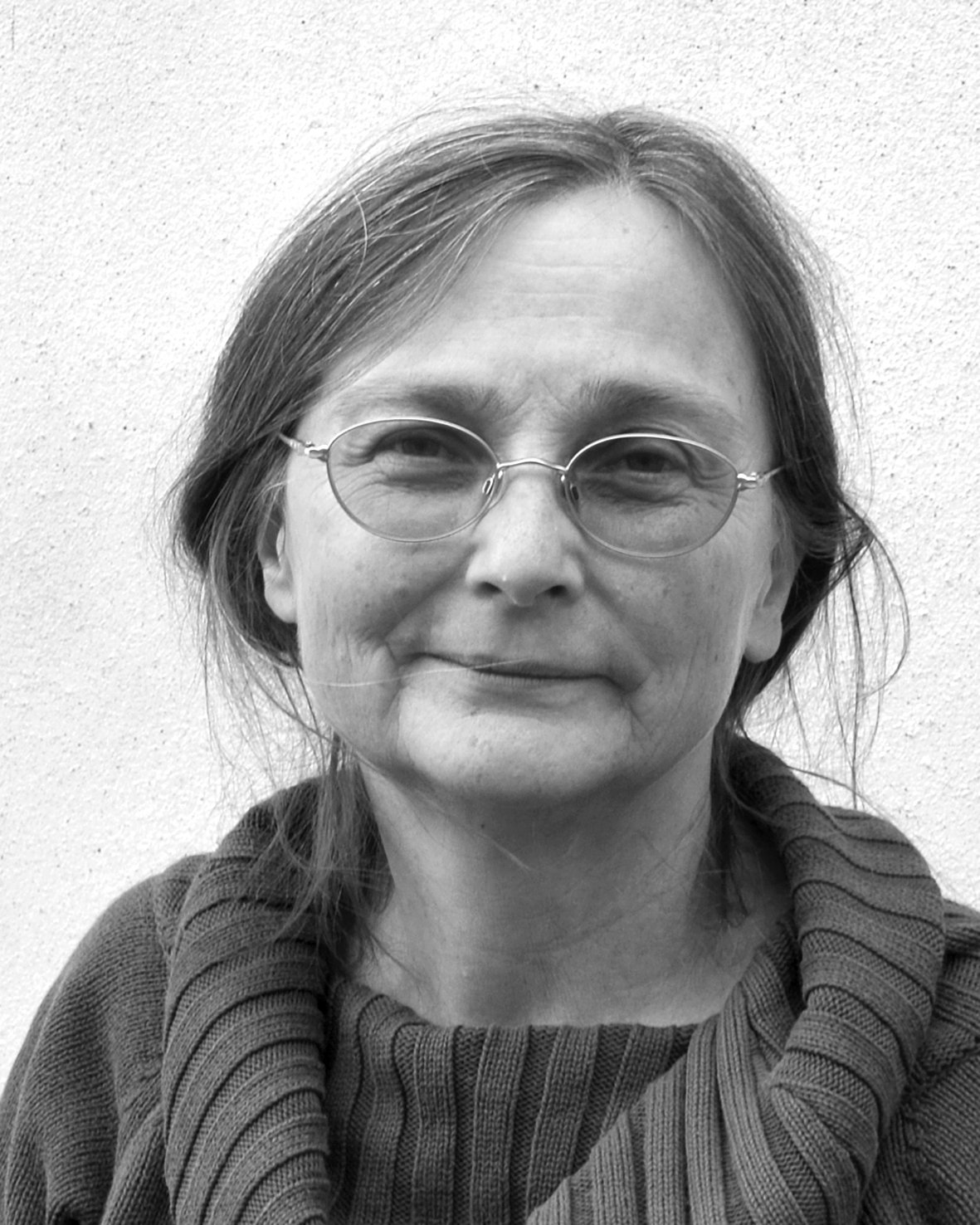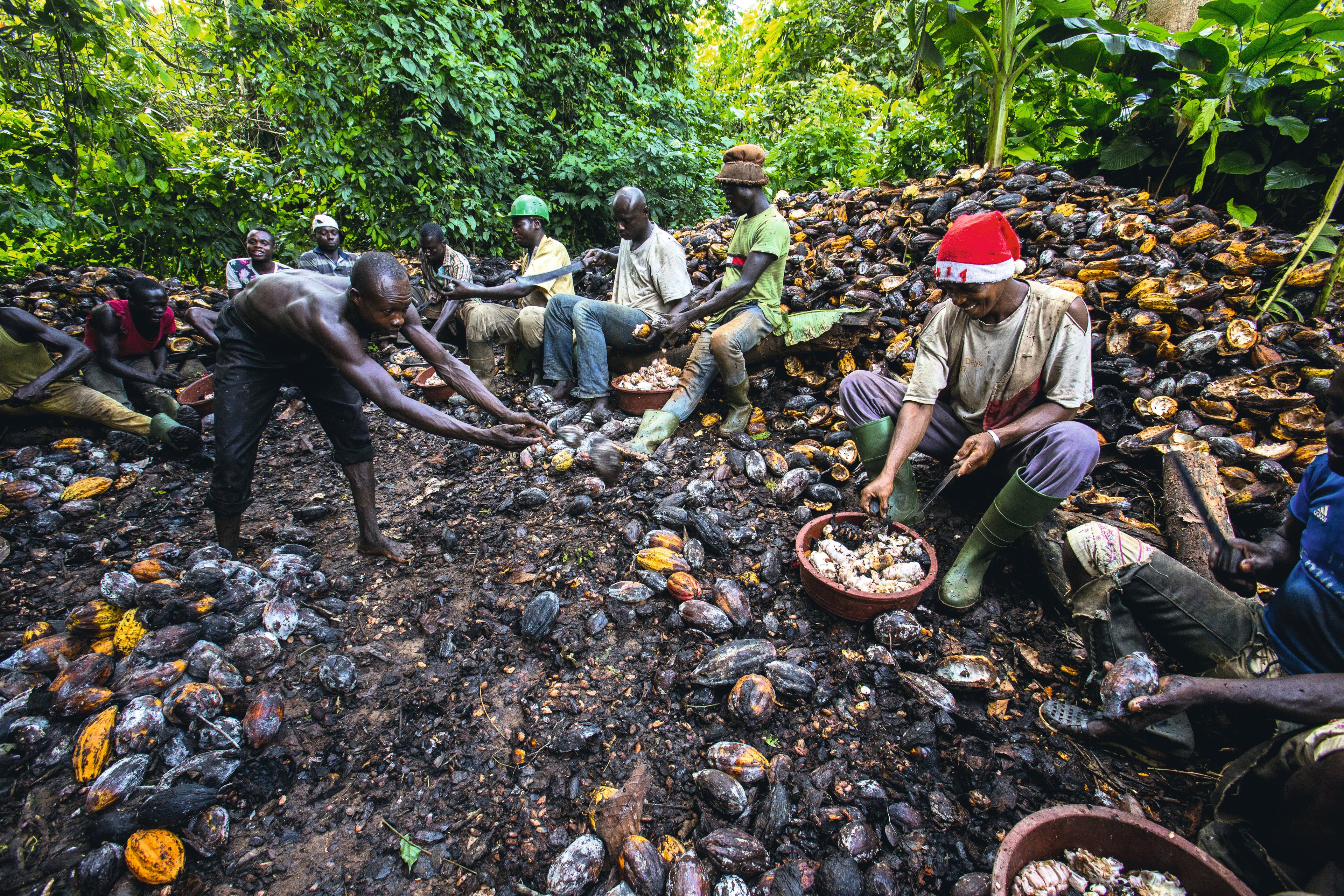Gypsy: Torn Between Two Worlds
Martin Šulík's award-winning Cigán avoids many of the pitfalls other recent films about the Roma community have fallen into

The Karlovy Vary film festival jurors weren't intending to flatter the local movie industry or show their respect for a serious subject by awarding three prizes to the Czech-Slovak coproduction Cigán (Gypsy). They are well deserved.
The jurors decided to honor this spectacular film about a Roma boy simply because it doesn't preach or romanticize or give a rose-tinted view of reality, as have previous films dealing with the Roma issue. It simply tells the dramatic story of a boy from a remote Roma settlement in Eastern Slovakia who is torn between two worlds – the world in which he was born and the world of the gádžo („white man“ in the Roma language).


Director Martin Šulík and writer Marek Leščák have made a film that combines an exotic location with a universally understandable subject, which could help the film score on the festival circuit.
Czech filmmakers haven't yet had the courage to make a realistic film about the Roma community in Chánov, a ghetto-like settlement in northern Bohemia. The films focusing on the Roma community that have been produced in the last 20 years have been a mixed bag. They largely fail because they adopt the viewpoint of the white majority. Šulík has been able to avoid some of the traps that films about Roma fall into.
Torn between
Take ROMing, Jiří Vejdělek's farcical 2007 comedy, for instance. It reflects the poetic nature of Roma fairy tales, celebrating the exhilarating and joyful life of the free-thinking gypsy in the style of Emir Kusturica. Marek Epstein's script works well but the acting of Bolek Polívka and Marián Labuda undermines the credibility of the Roma protagonists.
Šulík decided to make as authentic a film as possible, casting residents of the Roma settlement in Spišská Nová Ves who speak only the local dialect. Casting Ján Mižigár as Adam, the main protagonist, was a great decision. His mesmeric eyes do the acting for him – they express genuine sadness when his beloved father dies in mysterious circumstances and also perfectly capture his awakening love for his neighbor Julka (Martina Kotlárová) and his growing hatred towards his uncle and stepfather Žiga (Miroslav Gulyas), a loan shark who exploits others and who forces Adam and his younger brother to steal and get involved in other shady dealings.
Gádžo culture in this film represents hope as well as a threat. A couple of nice sociologists who come to visit the village regularly take a liking to Adam and offer him a scholarship at a college. But breaking out of the ghetto only looks that easy from the outside, from the white man's point of view. The divide between the two worlds is so deep that to cross it means not only giving up one's own family but also enduring great humiliation.
Marginalized
The film Marian, made by Petr Václav in 1996, depicts a similar dilemma – a socially deprived Roma orphan trying hard to integrate into the majority society, who comes to a tragic end. Unlike Václav, however, Šulík offers his hero more options. Cigán's writers were clearly inspired by the Belgian brothers Jean-Pierre and Luc Dardenne (The Promise, The Child, Lorna's Silence). Their naturalistic films depict what social marginalization does to people and how difficult it is to face the ethical dilemmas thrown up by life on the fringes of society. Adam's fate depends on a series of coincidences and the none-too-happy ending is as chilling as anything in the Dardennes' naturalistic films.
Cigán is far from being an original piece and unlikely to become a cornerstone of post-revolutionary Czech and Slovak cinematography. Nonetheless, it represents a turning point in the local film industry because it offers a signpost to local movie-makers, marking out a route along which they will be held up to European standards.
Edited and translated by Naďa Straková
Pokud jste v článku našli chybu, napište nám prosím na [email protected].

